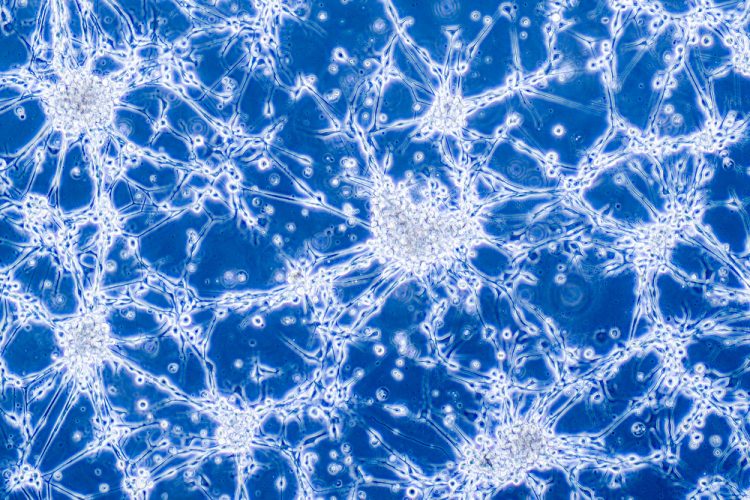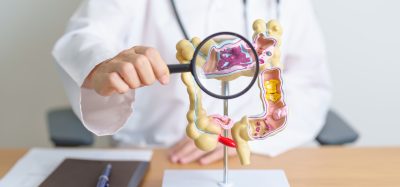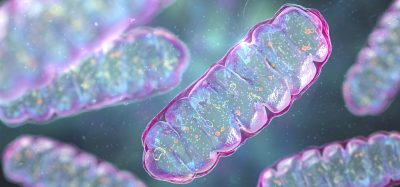Scientists reveal that glioblastoma shows dependency on biotin distribution
Posted: 15 September 2021 | Anna Begley (Drug Target Review) | No comments yet
Researchers discovered that glioblastoma cells rely on biotin distribution for growth, leading to possible future drug combinations.


A team from the National University of Singapore (NUS) have made a ground-breaking discovery that the growth of glioblastoma cells is dependent on biotin distribution in the body. The scientists hope that further research will identify a successful combination of drugs that would inhibit this growth in patients.
Initially, the team found that the US Food and Drug Administration (FDA)-approved anti-fungal drug, sulconazole, exhibits anti-cancer properties towards glioblastoma cells. An in-depth investigation of this compound revealed that it competes with biotin, an important co-factor for metabolic enzymes and modifier of histones, allowing it to inhibit the normal function of biotin-dependent metabolic enzymes and specific histone modification-associated gene expression. This compromises glioblastoma metabolism and epigenetics, thereby impairing the tumour growth and invasiveness of glioblastoma cells.
In mammalian cells, holocarboxylase synthetase (HLCS) is the enzyme that serves to distribute biotin to the biotin-dependent proteins, the team explained. They discovered that gene silencing of HLCS mitigates the glioblastoma’s tumourigenicity in mouse models and that high HLCS expression is also associated with glioblastoma and inferior glioma patient outcome.
Moreover, the researchers revealed that, while HLCS is present in healthy patients, its expression increases in the tumours of glioblastoma patients. Glioblastoma cells with higher HLCS expression will be able to better supply biotin to the dependent metabolic enzymes and histones, which results in a more proliferative and invasive glioblastoma. According to the team, the dependency of glioblastoma on biotin distribution therefore suggests that the rational co-targeting of biotin-dependent metabolism and epigenetic pathways may be explored for glioblastoma eradication.
“Since biotin is found in various food sources, including legumes, egg yolk and offal, and commonly consumed as a supplement, these findings raise an important consideration of regulating biotin consumption in glioblastoma patients,” commented Derrick Ong, principal investigator of the study. “This discovery would also lay the foundation for the development of drug combinations from existing or new small molecule inhibitors against some of the biotin-dependent metabolic enzymes and histone modifications to cripple glioblastoma; some of these are already being actively explored in cancer treatment.”
The study was published in Science Advances.
Related topics
Drug Leads, Enzymes, Epigenetics, Gene Testing, Genomics, Histones, In Vivo, Molecular Biology, Oncology, Small molecule, Therapeutics
Related conditions
Glioblastoma
Related organisations
National University of Singapore (NUS)
Related people
Derrick Ong







